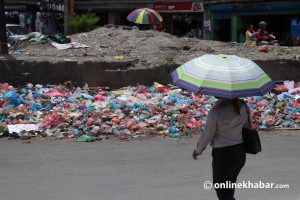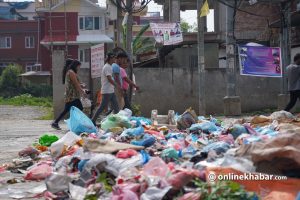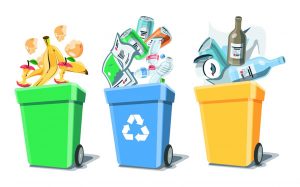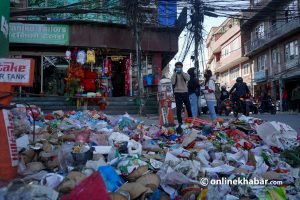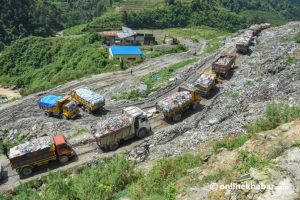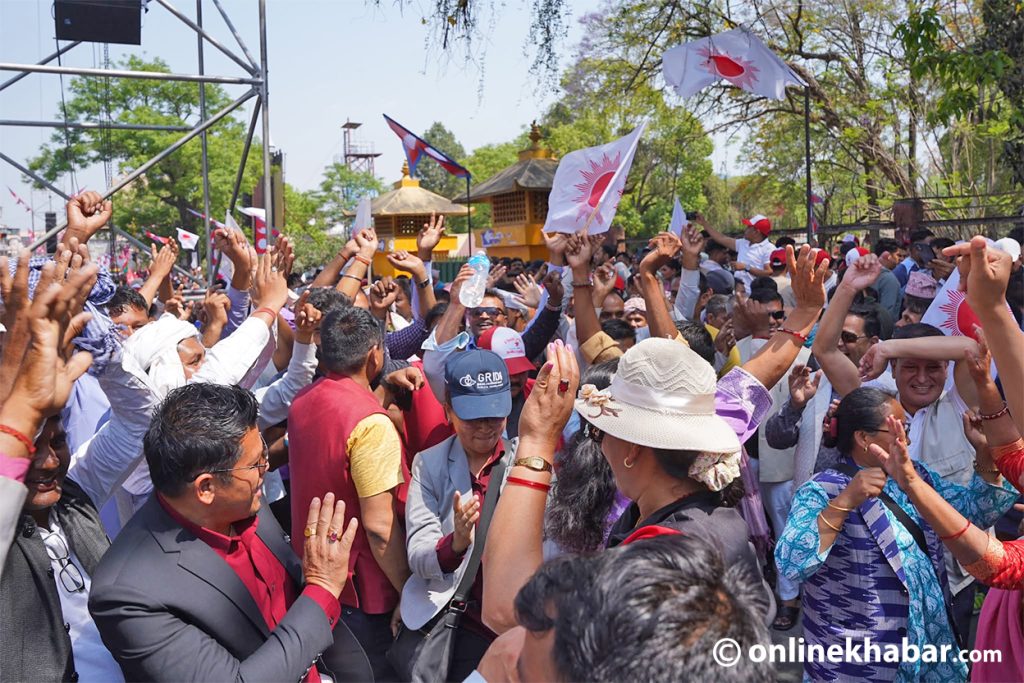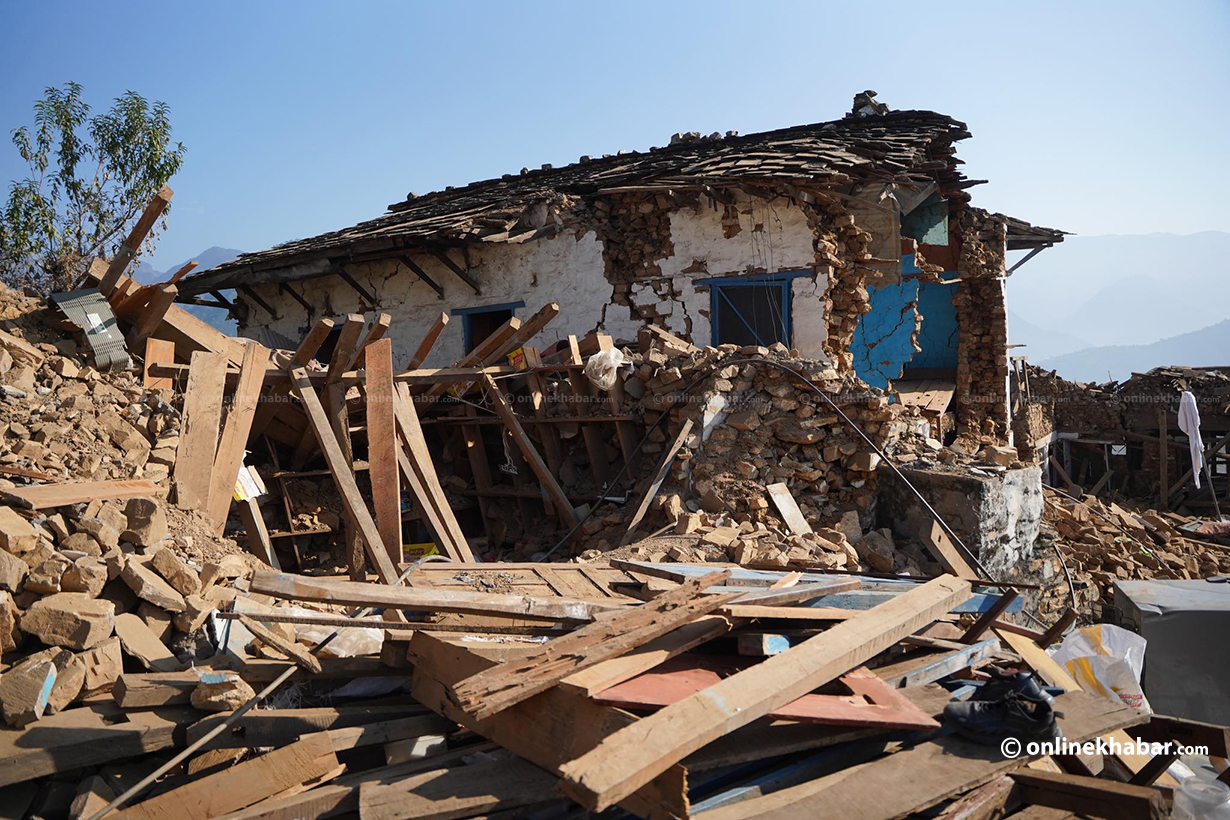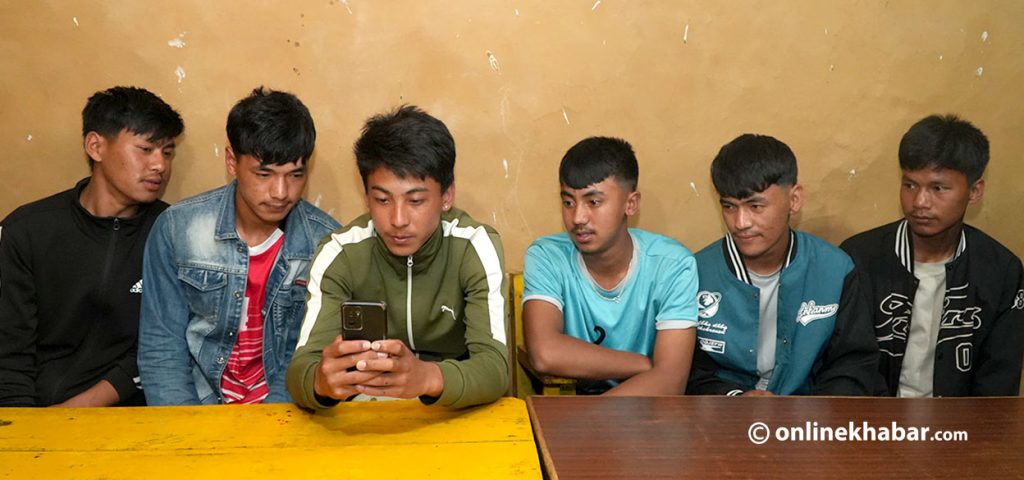
Kathmandu, February 4
The waste segregation scheme, which faced setbacks in the fiscal year 2022/23, is set to be reintroduced by the Kathmandu Metropolitan City.
The Metropolitan Corporation’s initiative to segregate waste at its source, initially put on hold since July 17, 2022, is now being restarted. The previously announced plan to exclusively collect biodegradable and non-biodegradable waste at its source experienced challenges. However, the metropolis is once again emphasising the importance of waste segregation.
The metropolis is commencing the collection of segregated waste, initiating the waste classification model program in ward 27. During the Environment Committee meeting held on January 21, it was decided to launch the waste classification initiative starting from ward 27. Ward 12 chair and committee coordinator, Bal Krishna Maharjan, expressed his commitment to thorough preparations before commencing the classification work.
Birendra Prajapati, a committee member and chair of ward 5, stressed the need to start waste classification work promptly.
Likewise, Bhuwan Lama, chair of ward 6, advocated for collaborative efforts under the leadership of individual wards in waste management.
Yogesh Kumar Khadgi, the chairman of ward 27, highlighted the importance of studying who the waste producers are, the type of waste they generate, and how it is currently being managed. He also stressed the need to intensify awareness programs as part of the waste management initiative.
The metropolis has also sought external consultation for sustainable waste management, said the head of the Environment Department, Ravi Man Shrestha.
“Everyone needs to participate in this and segregate waste at home,” said Shrestha.
There are 1,400 households in ward 27, which has a population of around 5,000.
Amit Chauhan presented the initial findings of the study conducted on the nature of waste generation and the management cycle in the ward. He said that households are required to classify their waste at the source, and the metropolis will dispatch vehicles for daily waste collection from house to house each morning.
Chauhan said that consultations took place with homeowners and business representatives as part of the study. Originating from Indore, India, Chauhan is an expert in information, education, and communication, and he has arrived in Kathmandu to provide consultation to the city in relation to waste management.




